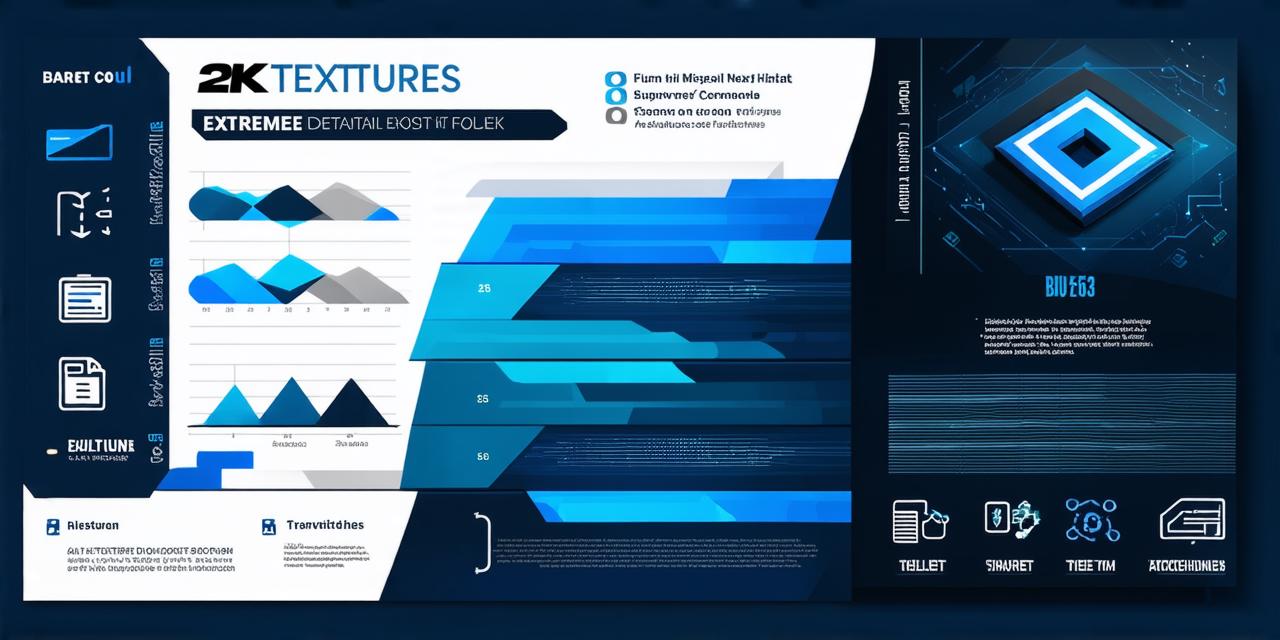Introduction
Blockchain technology is rapidly changing the way we think about data storage and sharing. From cryptocurrencies to supply chain management, blockchain has the potential to revolutionize many industries, including accounting.
What is Blockchain?
Blockchain is a decentralized digital ledger that records transactions in a secure and transparent way. It allows multiple parties to share information without relying on a central authority or intermediary. Instead, transactions are recorded on a public network of computers, making it nearly impossible to tamper with or alter the data.
Blockchain in Accounting: How It Works
Blockchain technology can be applied to accounting in several ways. One of the most promising use cases is for financial record-keeping and auditing. With blockchain, transactions can be recorded in a transparent and immutable way, making it easier to verify the accuracy of financial records. This can help reduce fraud and errors, and make it easier to comply with regulations.
Another way that blockchain can be used in accounting is for supply chain management. By using a blockchain-based system, companies can track goods from the point of origin to the final destination, ensuring transparency and accountability throughout the entire process. This can help improve efficiency and reduce costs by eliminating intermediaries and streamlining processes.
Benefits of Using Blockchain in Accounting
There are many benefits to using blockchain technology in accounting. Some of these include:
- Increased transparency and security: With blockchain, transactions can be recorded in a transparent and immutable way, making it nearly impossible to tamper with or alter the data.
- Improved efficiency: By eliminating intermediaries and streamlining processes, blockchain technology can help improve efficiency and reduce costs in supply chain management.
- Enhanced compliance: Blockchain-based systems can help companies comply with regulations by providing a transparent and immutable record of financial transactions.
- Reduced risk: With blockchain, transactions are recorded on a public network of computers, making it nearly impossible to tamper with or alter the data. This can help reduce the risk of fraud and errors.
Real-life Examples of Blockchain in Accounting
There are many real-life examples of blockchain being used in accounting. Here are just a few:
- Ernst & Young (EY) has partnered with Deloitte to develop a blockchain-based system for auditing financial statements. This system allows companies to securely share their financial data with auditors, making it easier to verify the accuracy of records and reduce audit times.
- Walmart is using blockchain technology to track food products throughout the supply chain. By using a blockchain-based system, Walmart can ensure that food products are stored and transported safely, reducing the risk of foodborne illnesses.
- The government of Estonia has implemented a blockchain-based system for land registry. This system allows property owners to securely share information about their properties with buyers and sellers, making it easier to verify ownership and reduce fraud.

FAQs
1. What is the difference between blockchain and traditional accounting systems?
Blockchain technology provides a decentralized, transparent, and immutable way of recording transactions, while traditional accounting systems rely on centralized intermediaries and are subject to fraud and errors.
2. Can blockchain be used for all types of financial transactions?
While blockchain technology has the potential to revolutionize many industries, including accounting, it is not yet widely adopted for all types of financial transactions. However, as the technology continues to evolve, we can expect to see more use cases emerge.
3. What are the risks associated with using blockchain in accounting?
While blockchain technology provides many benefits, there are also risks associated with its use. These include the risk of cyber attacks and hacking, as well as the potential for errors or misunderstandings in the implementation of blockchain-based systems. It is important to carefully consider these risks before implementing blockchain technology in accounting.
Conclusion
Blockchain technology has the potential to transform many industries, including accounting. By providing a decentralized, transparent, and immutable way of recording transactions, blockchain can help reduce fraud and errors, improve efficiency, and enhance compliance.
